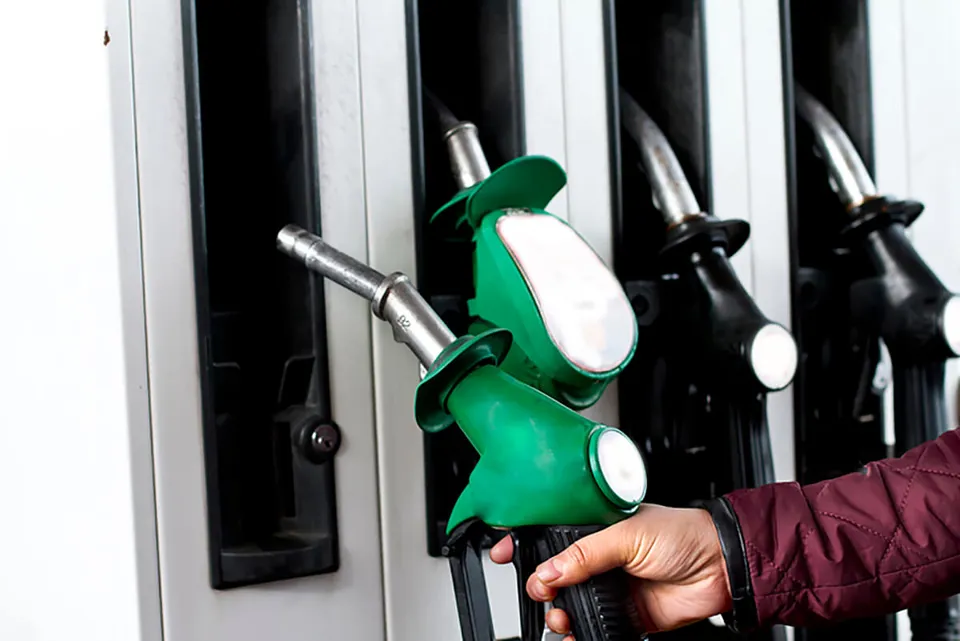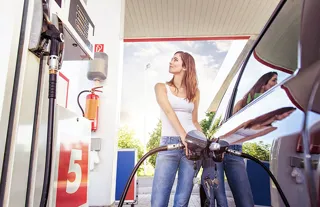The price of petrol rose in June for the first time in eight months despite wholesale costs meriting further reductions at the pumps, RAC analysis shows.
Coming in the wake of the Competition and Markets Authority (CMA) report, which revealed that supermarkets have upped their margins on fuel, the latest pump price data highlights the point.
Unleaded increased by nearly a penny (0.7p) to 143.9p, while diesel came down by 1.2p to 145.46p at the end of month, making eight consecutive monthly reductions.
On average retailers are making a margin of around 12p per litre (ppl) on petrol and 13p on diesel compared to the long-term margin of 7p.
While prices have fallen dramatically since the record highs of summer 2022, RAC Fuel Watch data found the big four supermarkets, which dominate fuel retailing, were slow to pass on reductions in wholesale costs this year, particularly for diesel – a point the RAC made clear in its submission to the CMA investigation.
As a result, the RAC is warning drivers not to automatically assume the biggest retailers are the cheapest place to buy fuel as their forecourt prices can vary significantly from supermarket to supermarket and from area to area, sometimes even within just a few miles.
RAC fuel spokesman Simon Williams said: “June marked the end of the price of petrol falling at the pumps, purely because retailers are taking more margin per litre than they used to.
“Looking at the wholesale price of both petrol and diesel which is almost identical, average forecourt prices should be 5p lower for petrol and 6p for diesel.”
Regional pump prices
RAC Fuel Watch data for June continues to show a marked difference between fuel prices in Northern Ireland and Great Britain. Petrol was 4ppl cheaper there and diesel a staggering 7p.
Williams added: “These differences are quite shocking considering all retailers pay the same wholesale prices.
“It’s interesting to note that Northern Ireland has more retailers per driver and the supermarkets are far less dominant than they are on this side of the Irish Sea.”
The CMA report concluded that greater transparency in pricing is needed to improve consumer confidence and bring down prices for drivers.
Following a year-long investigation into the road fuel market, the CMA found there was no evidence to suggest cartel behaviour and it has no plans to open an enforcement case.
However, it found that from 2019-22, average annual supermarket margins have increased by 6ppl, while increased margins on diesel across all retailers, cost drivers an extra 13ppl from January to the end of May, this year.
It also found that motorway service stations are charging around 20ppl more for petrol and 15ppl more for diesel compared to other fuel stations.
The price premium at motorway service stations has grown in real terms since 2012, and price variation on motorways is low, due to limited competition between service stations, it said.






















Login to comment
Comments
No comments have been made yet.